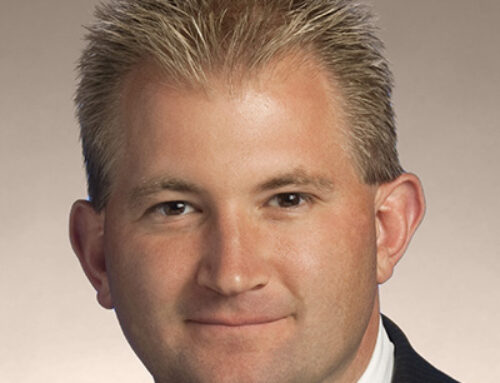The Commercial Appeal makes the point in an editorial over the weekend that a proposed policy to keep body cam video confidential until after an investigation into a police-involved shooting is finished could mean months or even years before citizens get to see it.
Following is the Commercial Appeal’s editorial, reprinted here with permission:
During discussions at Memphis City Council meetings about the use of police body cameras, a point was made that should put citizens on alert.
Memphis Chief Operating Officer Doug McGowen, talking about proposed policy issues regarding the use and release of body-camera video to the public, proffered that the Police Department would deny any records requests related to ongoing criminal investigations, including officer-involved shootings.
If such a policy were enacted, it would be a disappointing roadblock to the whole point of having police wear body cameras, which is to provide the public with an expedited video recording of what happened.
In the “black lives matter” era stemming from concern about law enforcement officers unnecessarily using deadly force to arrest unarmed black men, the entire point of having the cameras is to tamp down unsubstantiated community reports that such shootings were unjustified, which protects officers.
The cameras also can show whether a police administrative hearing or a criminal investigation is justified.
McGowen said the policy could be adjusted if it is not working. Given the Police Department’s shaky history of releasing details of such incidents in a timely manner, that may be easier said than done.
Lucian Pera, The Commercial Appeal’s attorney, said the Public Records Act has an exception for ongoing investigations, but for the city to rely on that exception to keep police misconduct secret would be an “overly broad reading” of the act.
“Besides,” he said, “nothing in the Public Records Act prohibits the city from releasing such records and, since the biggest purpose of body-cams is public accountability by the police, how can that possibly be effective if body-cam footage is secret for years?”
Other police departments and prosecutors across the country have learned that expediting the release of police video involving deadly force incidents has been a great help in maintaining public confidence in the veracity of police officials regarding such incidents.
The push for Memphis police officers to wear body cameras picked up steam after the killing of 19-year-old Darrius Stewart in Memphis last July.
Stewart, who is black, was shot and killed by Connor Schilling, a white police officer, following a traffic stop in which Stewart had been a passenger in a car. He was not armed.
The Tennessee Bureau of Investigation handled the investigation into the shooting, which resulted in no indictment. The case is also under review by the U.S. Department of Justice.
Getting the cameras operational on police officers has hit a seemingly insurmountable wall of concerns from District Attorney General Amy Weirich and police brass regarding video storage and establishing body camera policies, issues that led Memphis Mayor Jim Strickland to put an indefinite hold on the rollout of 1,700 body cameras in January.
Now the city’s COO is proposing that video from the cameras be held until investigations of police shootings are completed. That could take months, even years.
Meanwhile, suspicions of an angry public would be left to simmer, and maybe rise to a boil.




